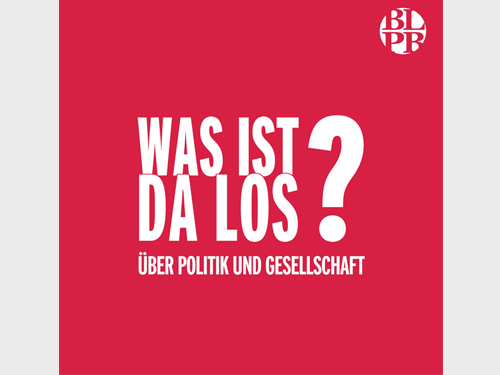
Im Podcast der Landeszentrale für politische Bildung Brandenburg erklärt Daniel Hellmann im Gespräch mit Sabine Schmidt-Peter was Parteien sind, welche Funktion sie haben und was das Parteiensystem in Deutschland ausmacht.
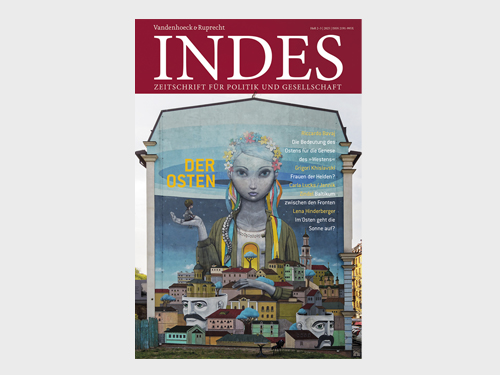
Die Beteiligung der Mitgliederbasis bei wichtigen innerparteilichen Entscheidungen ist seit einigen Jahren ein zunehmender Trend in Deutschland. Insbesondere die Mitgliederbefragung im Nachgang von Koalitionsverhandlungen sorgt dabei jedoch immer wieder auch für kritische Töne. Danny Schindler und Oliver Kannenberg analysieren in ihrem Beitrag den empirischen Trend, die zugrundeliegende Handlungslogik sowie die Auswirkungen für Koalitionsregierungen.
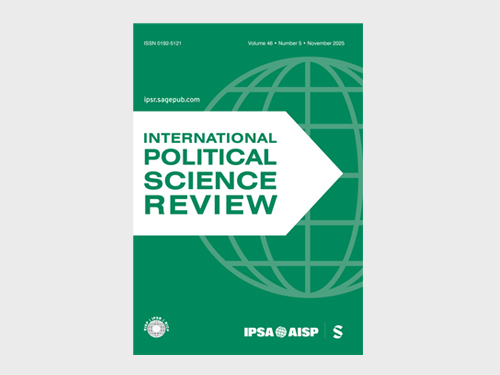
Wie hierarchisch oder partizipationsfreundlich ist der Willensbildungsprozess in Fraktionen angelegt? Dieser Frage sind Danny Schindler und Oliver Kannenberg in einer international vergleichenden Studie zu Fraktionsgeschäftsordnungen nachgegangen.
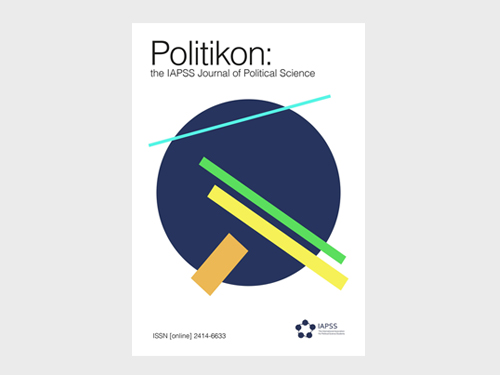
Never change a running system? In his essay, Kevin Settles sees AI systems in parliaments as part of a democratic "operating system" that stabilises procedures and processes information complexity. Digital infrastructures thus increase the resilience of parliamentary democracies, but at the same time emphasise the tension between efficient procedural control and open democratic negotiation.

What actually happens when a petition is submitted to the Bundestag? How is it decided which issues are dealt with in the Bundestag and what role does the Petitions Committee play in this? In this episode of the Zwischenruf podcast, we talk about how petitions work, what impact they can have and how they shape the relationship between citizens and parliament. Our guests are Angelika Pendzich-von Winter, former Head of the Petitions and Submissions Department at Bundestag, and Bundestag MP Corinna Rüffer, Chairwoman of the Petitions Committee for the Greens and member of the Labour and Social Affairs Committee. Together we will take a look behind the scenes of parliamentary petition work, from the first signature to a possible change in the law, and discuss the opportunities and challenges that lie in this special instrument of citizen participation.
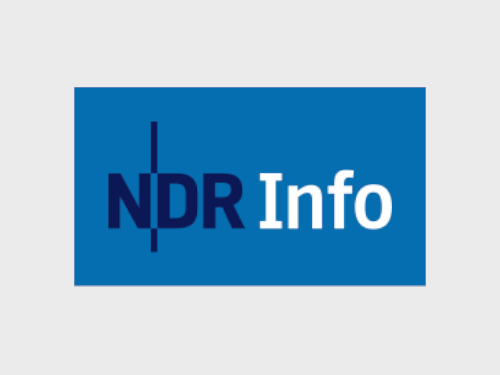
The issue of the pension (package) will probably accompany the government throughout the entire election period. Danny Schindler spoke to NDR about the role of the coalition committee and political leadership as compromise management.
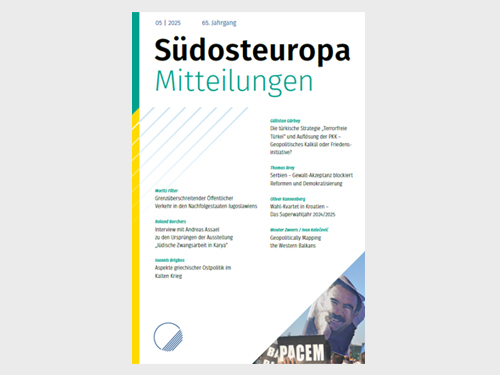
The citizens of Croatia were called to four different elections within 13 months. Oliver Kannenberg writes about the astonishing stability of the party landscape with the simultaneous dominance of two "strong men" in his article for Südosteuropa Mitteilungen

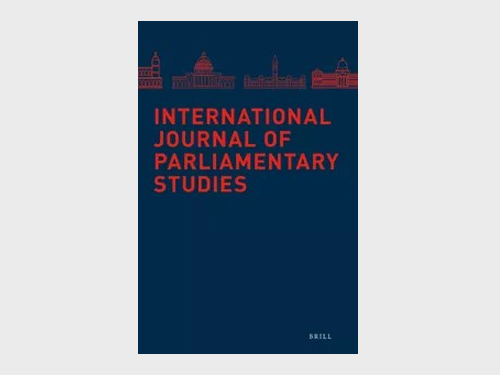
Institutional opportunities for the opposition to exert influence can help to counter authoritarian-populist governing parties. In the hands of an authoritarian-populist opposition, on the other hand, they can be utilised to disparage liberal institutions and parliamentary work. Danny Schindler discusses the resulting tension as an unavoidable consequence of any democracy that distributes institutional rights without knowledge of the future position holders.

Almost 40 per cent of eligible voters took part in the referendum on Munich's Olympic bid - a remarkable turnout rate for a referendum, says Daniel Hellmann in an interview with BR24. One of the reasons for this is that the city sent out postal voting documents directly alongside the election notification.

To a certain extent, a mandate is like a pregnancy - you don't really know what you're getting into beforehand. It is all the more difficult when you have to manage both at the same time, because MPs are not traditional employees. There is no parental leave, no regulated working hours, usually long official channels and many other smaller and larger problems. Following the recent appearance of Hannah Steinmüller (MP, Greens) and her son at the German Bundestag lectern for the first time and the announcement by Julia Klöckner as Bundestag President of parent-friendly reforms to parliamentary work, there has been some movement on the topic.
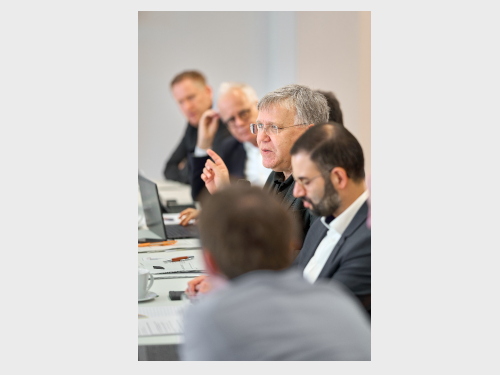
How can we ensure that elections are fair and transparent? This question was the focus of the conference "Electoral organisation counts!", which took place in Kiel in September. Researchers and practitioners discussed current challenges such as politicisation, disinformation and increasing public pressure on electoral bodies. Daniel Hellmann summarises the most important findings and comes to the conclusion that there is no uniform solution, but that a look at other countries can provide valuable impetus for a resilient electoral organisation.
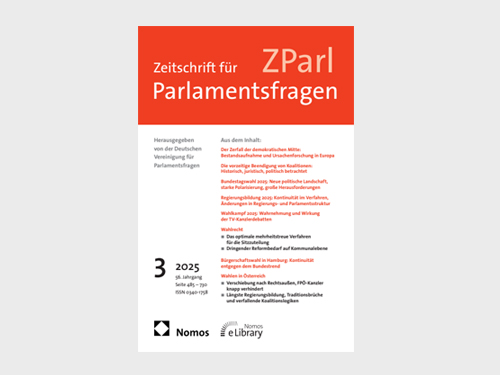
The coalition negotiations after the Austrian National Council elections in 2024 developed into the longest government formation of the Second Republic and led to an oversized three-party coalition of the ÖVP, SPÖ and NEOS for the first time since 1949. Oliver Kannenberg traces the three coalition negotiations chronologically, paying particular attention to the informal practices, party-political blockades and constitutional leeway.
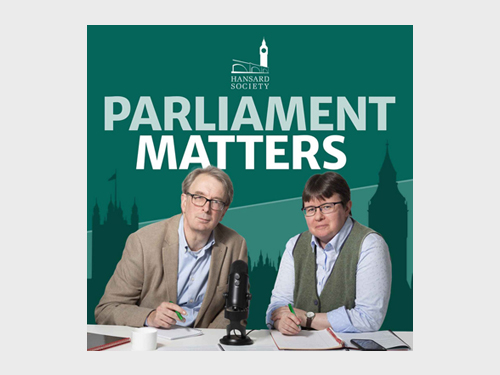
Why do MPs in some countries address their questions to the Prime Minister rather than the relevant minister? In the Hansard Society's 'Parliament Matters' podcast, Dr Ruxandra Serban (UCL) talks about her joint research with Calixte Bloquet on the French National Assembly's experiments with questions to the Prime Minister, as well as her work on Canada, Australia, Ireland and the UK.
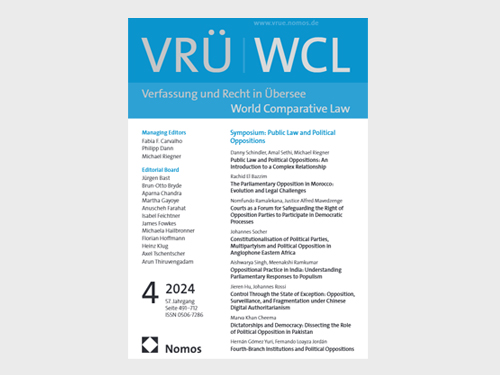
Together with Amal Sethi (University of Leicester) and Michael Riegner (University of Erfurt), Danny Schindler has published a special issue of the journal Verfassung und Recht in Übersee/World Comparative Law (Open Access) on the topic of "Public Law and Opposition". With contributions on China, Morocco, Pakistan and South Africa, among others, the volume sheds light on how legal regulations influence the opposition's opportunities for participation.
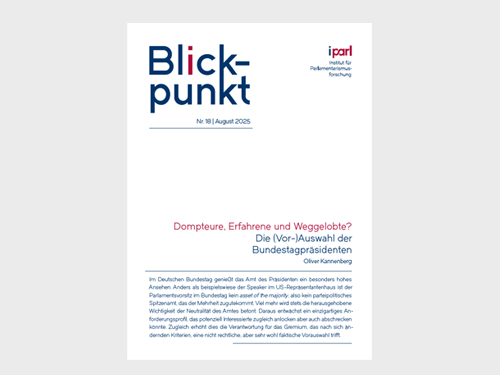
In the 18th IParl-Blickpunkt, Oliver Kannenberg analyses which committees in the German Bundestag make the (pre-)selection of Bundestag presidents and which criteria have been taken into account more or less over time.
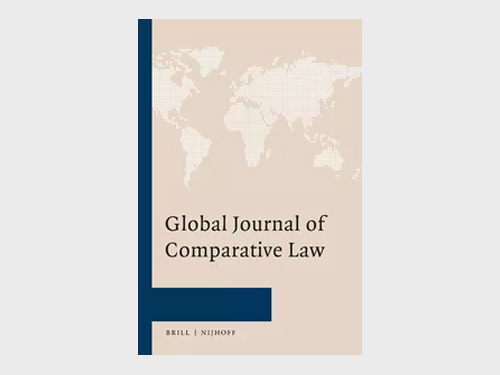
Danny Schindler's study discusses possible reasons for the constitutionalisation of parliamentary minority rights and the conceptual and empirical variations in oppositional participation.
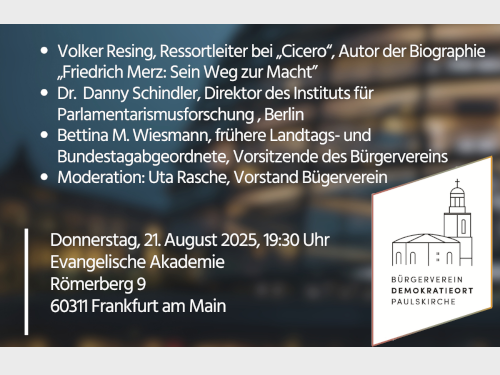
In the series "Reflecting on Democracy", the citizens' association Demokratieort Paulskirche e.V. will address the question: What kind of personnel for our democracy? In the panel discussion, Danny Schindler will debate this with Volker Rissing (Head of the "Berliner Republik" department of Cicero magazine) and Bettina M. Wiesmann (former Member of the Bundestag and Member of the State Parliament in Hesse).
Sign up to receive updates, promotions, and sneak peaks of upcoming products. Plus 20% off your next order.